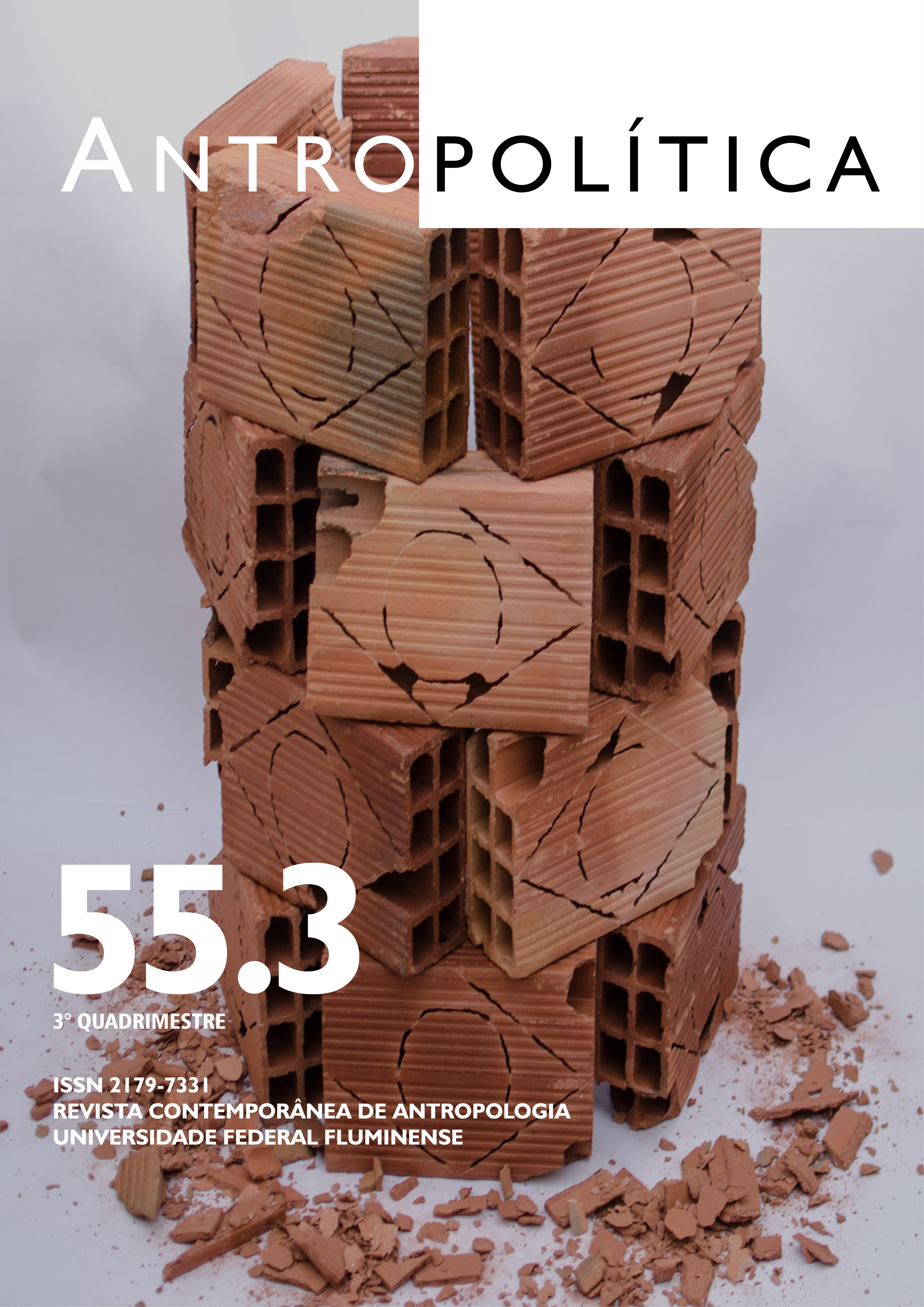The 2000s and the compensations for those affected by the dictatorship in Brazil
DOI:
https://doi.org/10.22409/antropolitica.i.a56631Keywords:
Dictatorship in Brazil, Amnesty, Compensation, 10.559/2002 Act.Abstract
This paper aims to analyze the effects of the 10.559/2002 Act in the historical memory policies related to the dictatorship period in Brazil. Before the 10.559/2002 Act, the legislation only acknowledged those who were killed or declared missing in consequence of the dictatorial regime. People who ad to flee the country, leaving their careers and personal lives behind, were not considered for that matter. And by disregarding that, the Estate has been ignoring and erasing these people’s experiences in exile. In the 2000s, social movements started to put some pressure on the discussion of that aspect, and the 10.559/2002 Act was passed. It acknowledges people who were granted amnesty and ensures a financial compensation for them, which is unprecedented in Brazil. This paper will look into the effects of the 10.559/2002 Act, mainly focusing on the amnesties and the compensations granted, to identify the way they were extended to certain groups and understand the reasoning and the disputes around the matter.
Downloads
Published
How to Cite
Issue
Section
License
Copyright (c) 2023 Lívia Salgado

This work is licensed under a Creative Commons Attribution 4.0 International License.
O conteúdo da revista Antropolítica, em sua totalidade, está licenciado sob uma Licença Creative Commons de atribuição CC-BY (http://creativecommons.org/licenses/by/4.0/deed.pt).
De acordo com a licença os seguintes direitos são concedidos:
- Compartilhar – copiar e redistribuir o material em qualquer suporte ou formato;
- Adaptar – remixar, transformar, e criar a partir do material para qualquer fim, mesmo que comercial;
- O licenciante não pode revogar estes direitos desde que você respeite os termos da licença.
De acordo com os termos seguintes:
- Atribuição – Você deve informar o crédito adequado, fornecer um link para a licença e indicar se alterações foram feitas. Você deve fazê-lo em qualquer maneira razoável, mas de modo algo que sugira que o licenciante o apoia ou aprova seu uso;
- Sem restrições adicionais — Você não pode aplicar termos jurídicos ou medidas de caráter tecnológico que restrinjam legalmente outros de fazerem algo que a licença permita.


